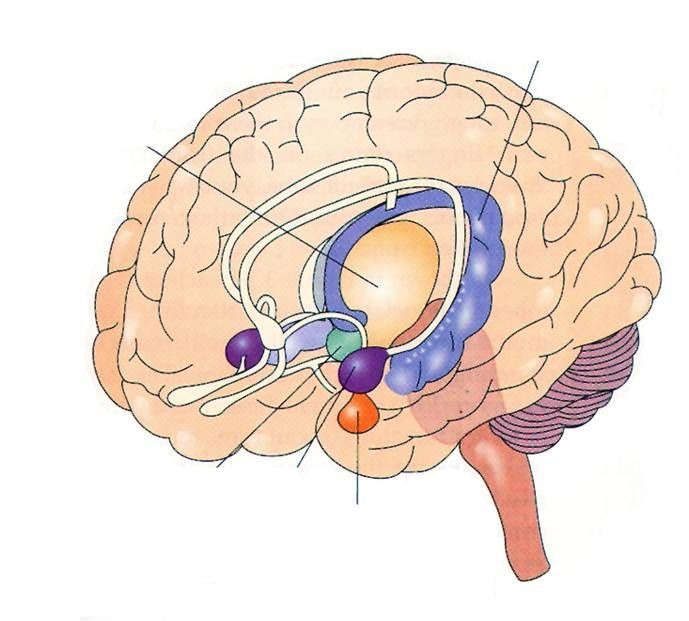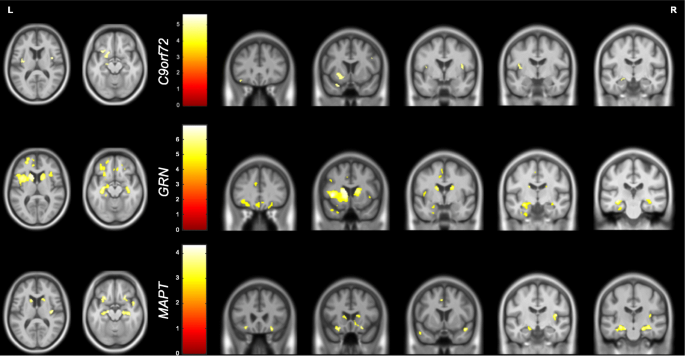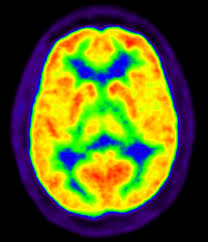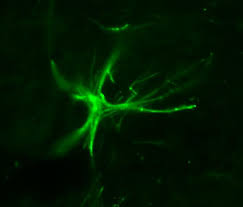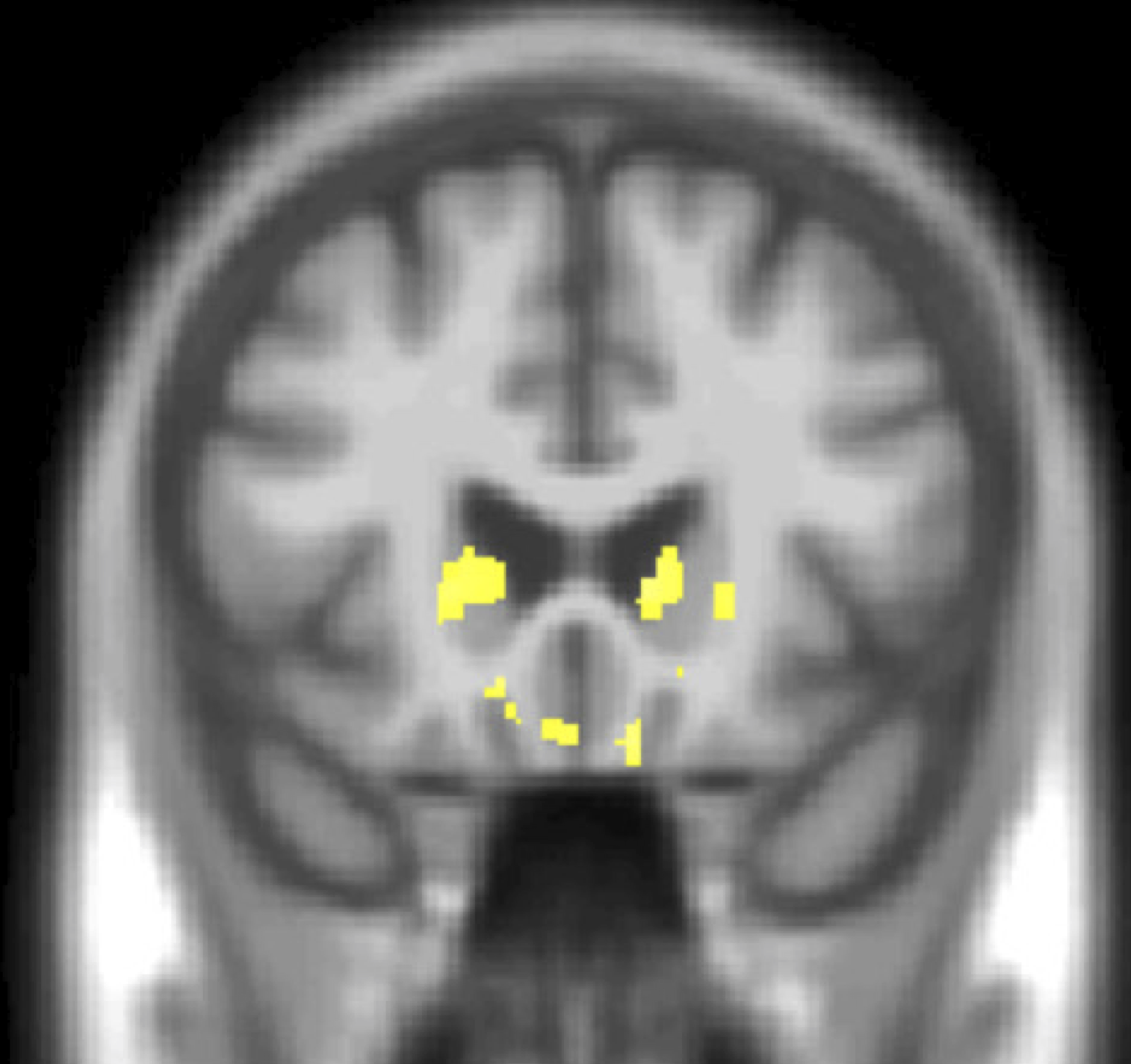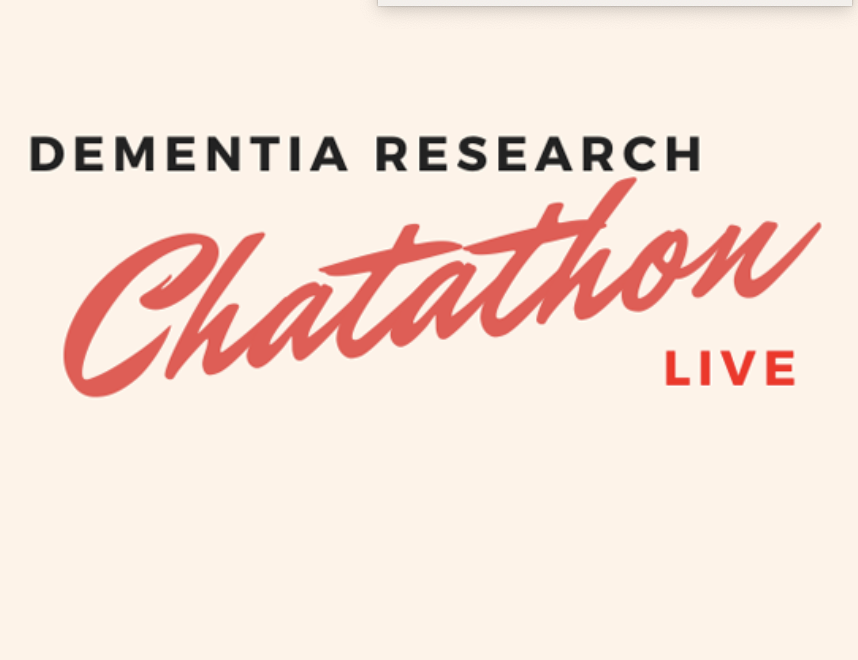We have a new paper out this week led by Georgia Peakman investigating how we might measure the progression of symptoms in FTD. This uses data from the GENFI study to look at the only two commonly use...
Two recent papers from our team led by Martina Bocchetta have highlighted the importance of brain regions outside of the frontal and temporal lobes in FTD. Although FTD is named after these two lob...
We have a new paper out this week led by Hannah Franklin, who was a PhD rotation student with us last year. She focused on using a questionnaire called the Revised Self-Monitoring Scale (RSMS) that we...
Approximately one third of all people with FTD are genetic, and research has shown that changes in the brain associated with FTD can occur years before any symptoms (or presymptomatically). We need to...
In our most recent research study, Lucy Russell has developed a new test to improve the ability to detect emotion recognition problems in people with FTD. This has just been published in the Alzheimer...
Whilst we have had less chance to work in the lab during the Covid pandemic it has given us a chance to review what research has been published in our field and how best we should focus our time movin...
A new paper from our group, led by Carolin Heller in the Biomarkers Lab as part of her PhD, has now been published in the Journal of Neurology, Neurosurgery and Psychiatry. It looks at two blood marke...
Our latest research was recently published in Cortex and led by Lucy Russell, who worked on this as part of her PhD. It is the first large scale study to investigate social abilities in individuals wi...
The latest paper from the FTD talk team has been published in the JNNP journal. This work was led by Rhian Convery, a current PhD student within the group, and uses data from the GENFI study to descri...
On the 7th September 2020 five members of our team took part in a fundraising event to raise money for Alzheimer's Research UK. Adam Smith from the Dementia Researcher website organised a 'chatathon'...


